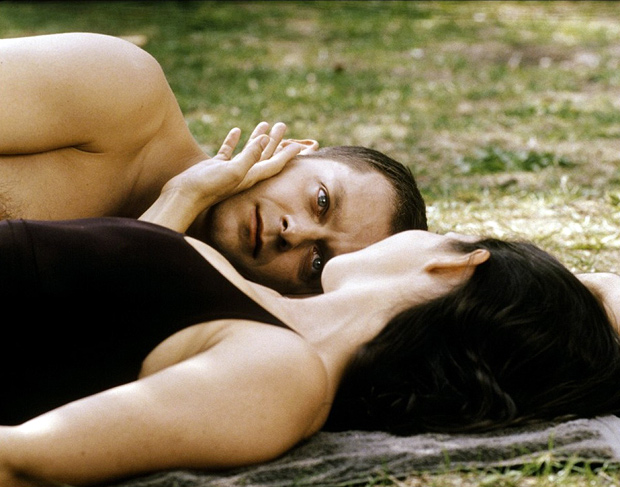In literature, film and television zombies have vastly mutated to become fearful killing machines, from 28 Days Later to The Walking Dead the zombie apocalypse has become one of the most watched, read and talked about phenomena’s in popular culture. Robin Campillo’s 2004 zombie movie The Returned (Les Revenants) takes an alternative look at the undead, leaving the gore aside and exploring the emotional trauma caused by the dead coming back. It’s set in an idyllic French town, where the lives of its residents are forced to change as the dead return apparently unharmed, and slowly get introduced into the society that has changed for them.
Campillo’s twisting of this zombie sub-genre replaces fear with grief, posing questions of the validity of the ‘returnees’ and hinting towards their return just being palpable memories of those the dead left behind. Focusing on the hardships families face when their loved one returns, Campillo delves into the raw emotional trauma of the living, exploring if it’s those that returned that are the danger or, are the living simply harming themselves through their urgency to reintroduce these people into their lives. His gentle and melancholic pacing, fixed stares and painful silences combine to create a powerful introspective viewing experience, yet there is something missing.
The Returned insists on posing endless questions to its audience, brushing over major plot twists and spending too much time watching the ‘zombies’ do and say nothing. As the film progresses, it soon begins to contradict itself, having found out the dead are not at full mental capacity (which sees them given menial jobs), they soon begin to build bombs and plan a full scale attack on the town in order to escape (to where and why…who knows). Campillo’s slow-burner ultimately doesn’t pay off but it offers up some interests concepts, proving that the zombie genre has enough life in it to keep the undead alive.
